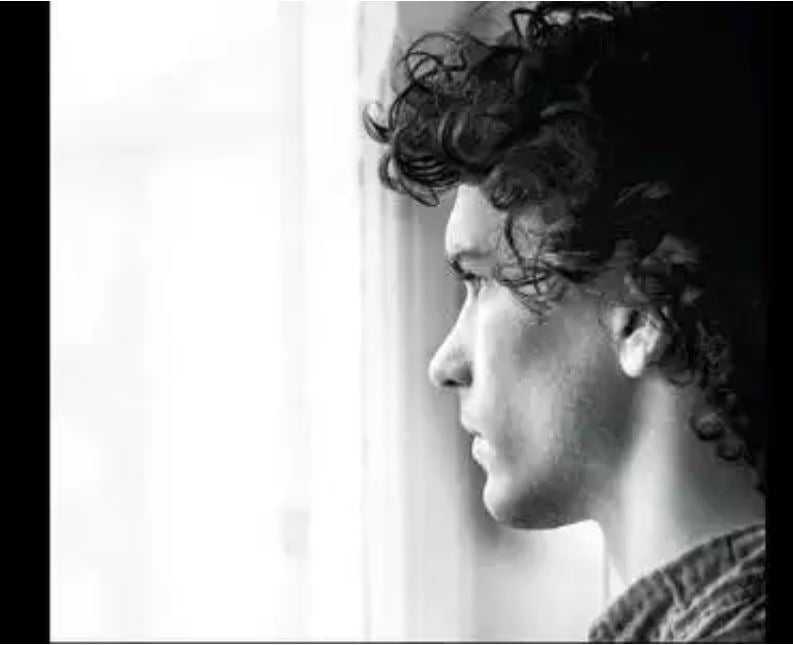Impotency is on the rise – By Arnab Ganguly, Mumbai Mirror | May 28, 2020
Lalit has been in a quandary for several months now. In a relationship with a colleague of his for the last three years, the 25-year old has found it difficult to get sexually intimate with his partner for the last few months. At first, he could not perform in bed, and gradually, Lalit stopped feeling the desire to get intimate, even though he was still very much in love with his partner. Why would a healthy young man, in his sexual prime, find himself dealing with erectile dysfunction (ED)? The answer, according to his therapist, lay in the habit that Lalit had formed over the years, from much before he met his current girlfriend. Lalit was hooked on consuming pornography; he’d spend hours watching it, when his girlfriend was not around.
Clinically, the main contributors to ED are poor physical health, substance abuse and mental health conditions like stress, anxiety, exhaustion and even depression. But, a new school of thought forges a links between excessive exposure to pornography and ED. Thanks to the internet porn boom, the condition is no longer restricted to middle-aged men with zero physical activity and stressful professional lives. While factors like work-life imbalance, being overweight, medical conditions like diabetes and other lifestyle issues have a role to
play, porn is gradually getting prominence as a cause.
Mumbai-based psychotherapist Alaokika Bharwani has come across patients where pornographic materials are to blame. “Pornography is a very dissociative experience as the stimulation comes externally,” says Bharwani. “While watching pornography and masturbating, a man feels he is in control. But with a partner, the same is not the case, and that puts him off,” she says, adding that the fact that porn is easily accessible widens the scope of the problem.
The dysfunction manifests during interaction with a partner and not while watching porn. Those who use pornography excessively, find an emotional and psychosexual disconnect with their partner. They begin to find it hard to respond to their partners sexual needs, or the actual act does not live up to the porn addict’s expectations, leaving him dissatisfied. There are also some who fantasise about experiencing erections as seen on the web, and suffer anxiety when they compare it with reality.
“I have come across men who can have intercourse with their wives only while watching pornography, otherwise they get no arousal. This is extremely humiliating for the partner and can spell the end of relationships,” says Pavan Sonar, a Mumbai-based psychiatrist and sexologist.
It doesn’t help that, as studies have shown, watching pornography, when it becomes a compulsive habit, activates the same underlying brain networks as alcohol and other drugs do. “Watching pornography increases the dopamine level, and as dopamine is the feel-good neurotransmitter, it makes one crave for that feeling again and again. Gradually, this forms a habit. The brain becomes conditioned to it. Engaging in sex in real life doesn’t provide the same sense of satisfaction, and men then find it hard to perform with their partners,” says Sonar.
While watching pornography and masturbating, a man feels he is in control. But with a partner, the same is not the case and that puts him off
–Alaokika Bharwani, psychotherapist
Eighteen months ago, Dhananjaya made a decision not to watch porn and masturbate, and the 33-year old has
stuck to it strictly. “I had watched so much hard-core stuff when I was younger, it made it difficult for me to get
turned on in real-life,” he says. “It was not easy to cut back. But I had to limit it. It was taking a toll on my
married life, my career and everything else,” he says.
Aside from swearing off porn, Dhananjaya made healthy changes to his lifestyle. He hits the gym thrice a week,
does weights, cardio and meditation, and consumes a balanced died. He goes out more and spends less time in
front of the screen.
Shyam Mithiya, a sexologist and relationship counsellor, says that many in their late 20s and 30s have approached him with what he calls, “imagined symptoms of erectile dysfunction”. “They do not have ED, but are afraid that they might have,” says Mithiya. “Their experience results from doing things like comparing themselves to the models seen in pornographic films. Also, there are those who are anxiety prone and feel anxious about their ability to satisfy their partner as a consequence of watching porn.”
Additionally, excessive indulgence in porn can spell the end of physical communication between partners. “Effectively, what it means is that the man forgets the art of reading his partner’s body language,” adds
Bharwani.
